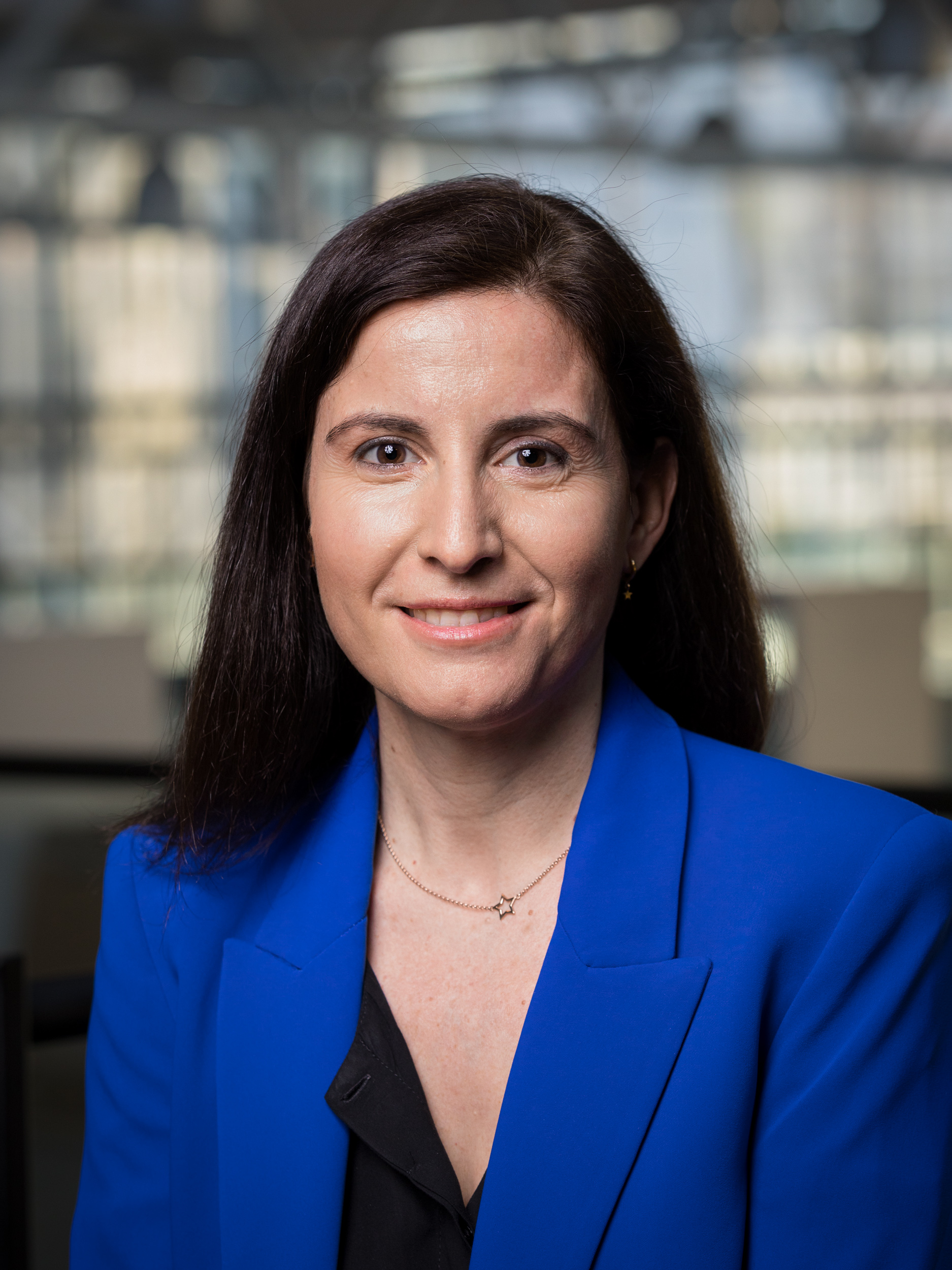Best Investigator-Initiated Study Award at ECCO'23
Maria Chaparro, ClinCom Member
 Maria Chaparro © ECCO |
The study entitled "Withdrawal of anti-tumour necrosis factor in Inflammatory Bowel Disease patients in remission: a randomised placebo-controlled clinical trial" received one of the two Best Investigator-Initiated Study Award at ECCO’23.
Biologic anti-TNF drugs have been a game changer for patients with Inflammatory Bowel Disease. However, long-term maintenance of these drugs may be associated with potential adverse events and high costs. Therefore, patients and physicians are wondering whether it is possible to discontinue these drugs without significantly increasing the risk of recurrence.
This question, of great relevance for clinical practice, was addressed in the clinical trial led by María Chaparro and Javier P. Gisbert, from the Inflammatory Bowel Disease Unit of Hospital Universitario de La Princesa and CIBERehd, funded by a grant from Instituto de Salud Carlos III and sponsored by GETECCU. The primary aim of the trial was to compare the rates of clinical remission at 1 year in patients who discontinue anti-TNF treatment versus those who continue treatment. Secondary objectives were to determine the effects of anti-TNF withdrawal on relapse-free time, mucosal healing and safety and to identify predictive factors for relapse. This was a prospective, quadruple-blind, multicentre, randomised, controlled trial. Patients with Ulcerative Colitis or Crohn’s Disease who had been in clinical remission for >6 months were randomised to maintain anti-TNF treatment [maintenance arm (MA)] or to withdraw it [withdrawal arm (WA)]. Patients who were on infliximab received infliximab 5 mg/kg or an intravenous placebo every 8 weeks, while patients on adalimumab received subcutaneous adalimumab 40 mg or placebo every other week. Patients were followed up until month 12 or clinical relapse, whichever came first. Results were analysed by intention-to-treat (ITT) and per protocol (PP). Local investigators were blinded to faecal calprotectin and infliximab and adalimumab trough levels.
A total of 159 patients were screened in 33 hospitals in Spain, of whom 140 were randomised and comprised the ITT cohort; 70 were allocated to the MA and 70 to the WA. Fifteen patients dropped out before the end of follow-up (12 months or relapse), leaving 63 patients in the MA and 62 patients in the WA for the PP analysis. The characteristics of patients in the MA and WA were similar. The proportions of patients who maintained clinical remission ¾ 59/70 (84%), 95% confidence interval (CI)=74%–92% in the MA vs 53/70 (76%), 95%CI=64%–85% in the WA ¾ and who remained without significant endoscopic lesions at the end of follow-up were similar between the groups. Only the proportion of patients with faecal calprotectin >250 µg/g was higher in the WA at the end of follow-up. Maintenance of clinical remission did not differ between the groups. The same percentage of patients in both groups had at least one adverse event (69%). The proportion of patients with serious adverse events was also similar in the two groups (4% in MA vs 7% in WA).
The authors concluded that anti-TNF withdrawal in selected patients with Inflammatory Bowel Disease who are in clinical, endoscopic and radiologic remission could be feasible without an increase in the risk of clinical relapse. Long-term follow-up of these patients is warranted.

Picture is subject to copyright © ECCO